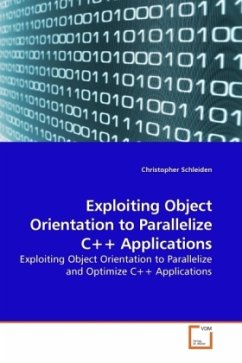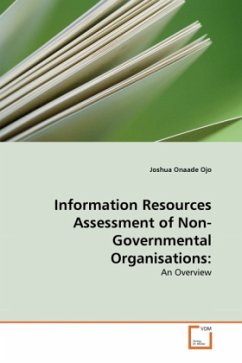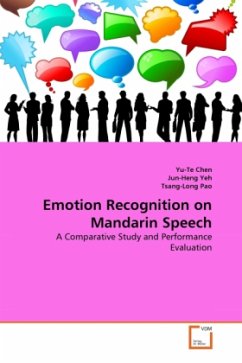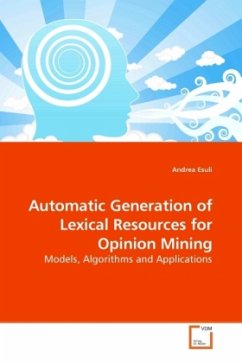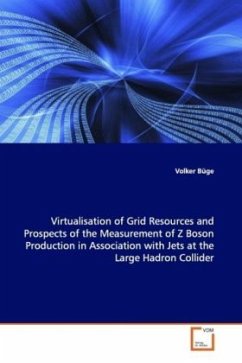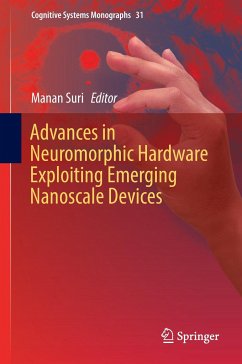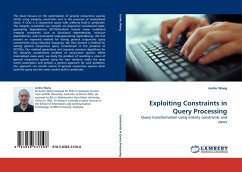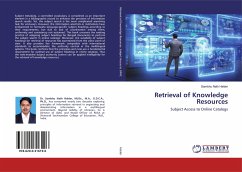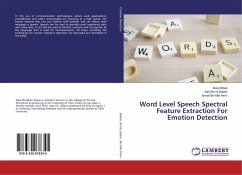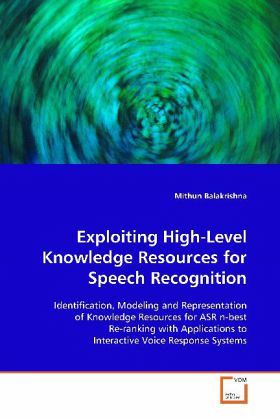
Exploiting High-Level Knowledge Resources for Speech Recognition
Identification, Modeling and Representation of Knowledge Resources for ASR n-best Re-ranking with Applications to Interactive Voice Response Systems
Versandkostenfrei!
Versandfertig in 6-10 Tagen
39,99 €
inkl. MwSt.

PAYBACK Punkte
20 °P sammeln!
This book proposes a novel methodology to improve theperformance of a Large Vocabulary Continuous SpeechRecognizer (LVCSR) by modeling several high-levelknowledge resources into an n-best list re-rankingmechanism. The book focuses on the identification andformulation of several novel, additional,domain-independent knowledge resources into are-ranking mechanism. We illustrate the extent ofimprovements obtainable by efficiently exploitingphonetic, lexical, syntactic and semantic knowledge.We improve WER for specific domains by combiningdomain-independent knowledge with automaticallyextractable d...
This book proposes a novel methodology to improve the
performance of a Large Vocabulary Continuous Speech
Recognizer (LVCSR) by modeling several high-level
knowledge resources into an n-best list re-ranking
mechanism. The book focuses on the identification and
formulation of several novel, additional,
domain-independent knowledge resources into a
re-ranking mechanism. We illustrate the extent of
improvements obtainable by efficiently exploiting
phonetic, lexical, syntactic and semantic knowledge.
We improve WER for specific domains by combining
domain-independent knowledge with automatically
extractable domain-dependent resources. To model
domain-dependent knowledge, we propose a methodology
to automatically generate SLMs for specific dialog
states. The heart of this book not only lies in the
task of selecting and modeling key information
resources but also on combining them efficiently.
Hence, we explore using minimum error rate training
to optimally assign knowledge resource weights by
directly minimizing the WER on a development set.
Finally, we present a novel IVR grammar
creation/tuning application and illustrate the
importance of the re-ranking mechanism in this framework.
performance of a Large Vocabulary Continuous Speech
Recognizer (LVCSR) by modeling several high-level
knowledge resources into an n-best list re-ranking
mechanism. The book focuses on the identification and
formulation of several novel, additional,
domain-independent knowledge resources into a
re-ranking mechanism. We illustrate the extent of
improvements obtainable by efficiently exploiting
phonetic, lexical, syntactic and semantic knowledge.
We improve WER for specific domains by combining
domain-independent knowledge with automatically
extractable domain-dependent resources. To model
domain-dependent knowledge, we propose a methodology
to automatically generate SLMs for specific dialog
states. The heart of this book not only lies in the
task of selecting and modeling key information
resources but also on combining them efficiently.
Hence, we explore using minimum error rate training
to optimally assign knowledge resource weights by
directly minimizing the WER on a development set.
Finally, we present a novel IVR grammar
creation/tuning application and illustrate the
importance of the re-ranking mechanism in this framework.



